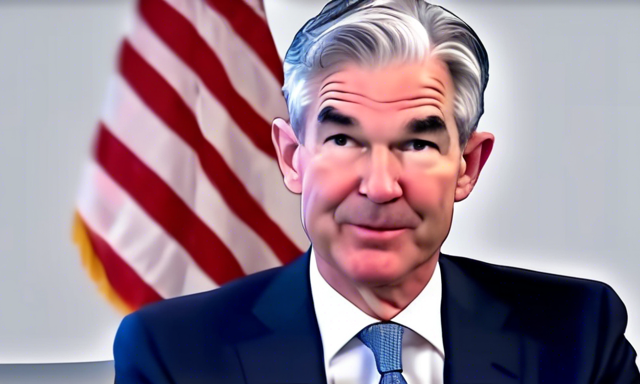China Crackdowns on Crypto Pyramid Scheme Allegedly Worth $14 Billion
Recently, a suspect named Zhang has been extradited from Thailand to China, accused of orchestrating a massive crypto pyramid scheme worth $14 billion (100 billion yuan). Zhang is believed to be the mastermind behind the operation, making him the first financial criminal to be extradited under the China-Thailand treaty since its establishment in 1999.
Alleged Leader of Crypto Fraud Ring Apprehended
In a joint effort between Chinese and Thai officials, a specialized task force known as “Hunting Fox” successfully facilitated the extradition of the suspect, identified only by his surname, Zhang, back to China. While the Ministry of Public Security in China remained tight-lipped about the suspect’s full name, various reports claim that Zhang Yufa, also known as Tedy Teow Wooi Huat, is the individual behind this elaborate scheme.
- Teow allegedly founded MBI Group in 2012, operating a pyramid scheme that targeted Chinese nationals and lured them into buying unauthorized cryptocurrencies.
- Under Teow’s leadership, MBI Group reportedly attracted over 10 million members, promising them substantial returns on their investments.
- Chongqing authorities initiated the investigation into Teow back in late 2020, following which Interpol’s China Bureau issued an international arrest warrant for him.
Crackdown on Crypto Activities in China
China has been strengthening its regulations on cryptocurrency since 2017, intensifying its efforts in 2021. This crackdown has prompted the relocation of mining operations and the departure of crypto exchanges like Binance.
- The Chinese government has imposed strict restrictions on crypto-related activities, preventing financial institutions from processing crypto payments and imposing limitations on blockchain startups raising funds.
- Despite these stringent measures, crypto trading remains prevalent in China, with many individuals finding ways to circumvent the imposed regulations.
- The Supreme People’s Court and Supreme People’s Procuratorate have formally acknowledged virtual asset transactions, including those conducted through crypto exchanges, as a form of money laundering.
China’s Fight Against Money Laundering through Crypto
Recognizing the growing trend of utilizing cryptocurrencies for illicit activities, the Chinese government has taken decisive action against money laundering. By specifically targeting virtual asset transactions linked to cryptocurrencies, China aims to curb the use of crypto in illegal practices.
- This marks a significant step in China’s broader crackdown on money laundering activities, demonstrating a clear stance against the misuse of cryptocurrencies for unlawful purposes.
- With these new regulations in place, China hopes to set a precedent for similar collaborations on extradition cases with other countries, reaffirming its commitment to combating financial crimes related to cryptocurrencies.
Hot Take: Unveiling China’s Battle Against Crypto Fraud
China’s recent actions against the alleged crypto pyramid scheme highlight the government’s unwavering stance on combating financial crimes linked to cryptocurrencies. By cracking down on illicit activities and extradition cases like Zhang’s, China is sending a strong message to fraudsters operating within its borders.





 By
By
 By
By
 By
By


 By
By